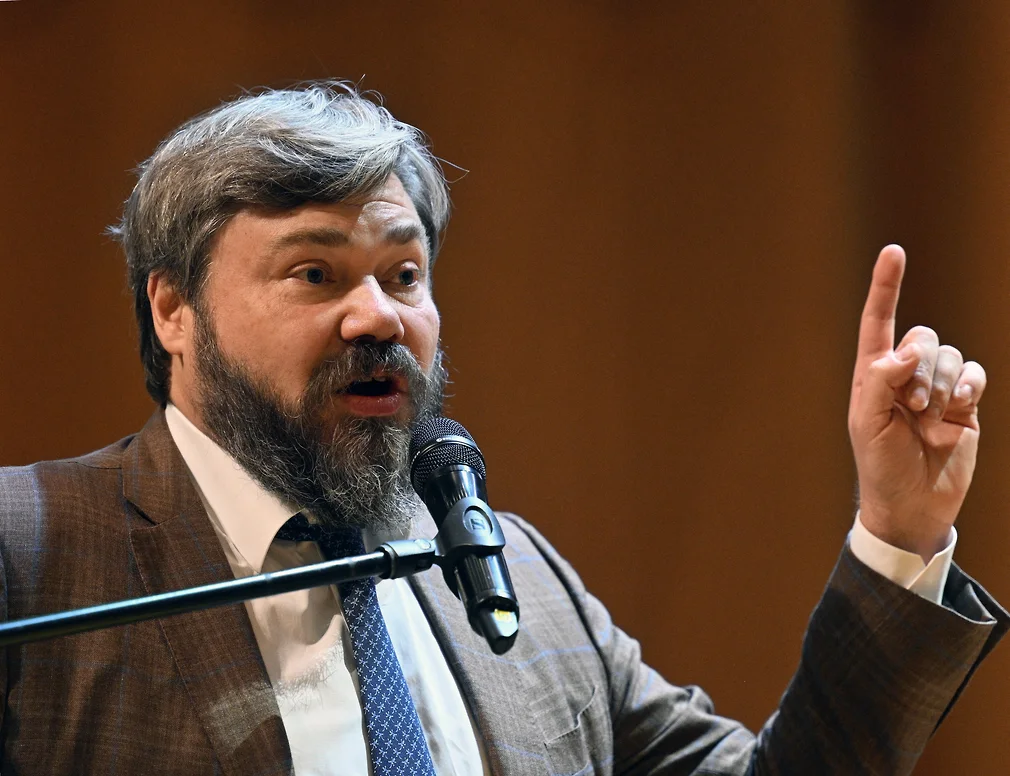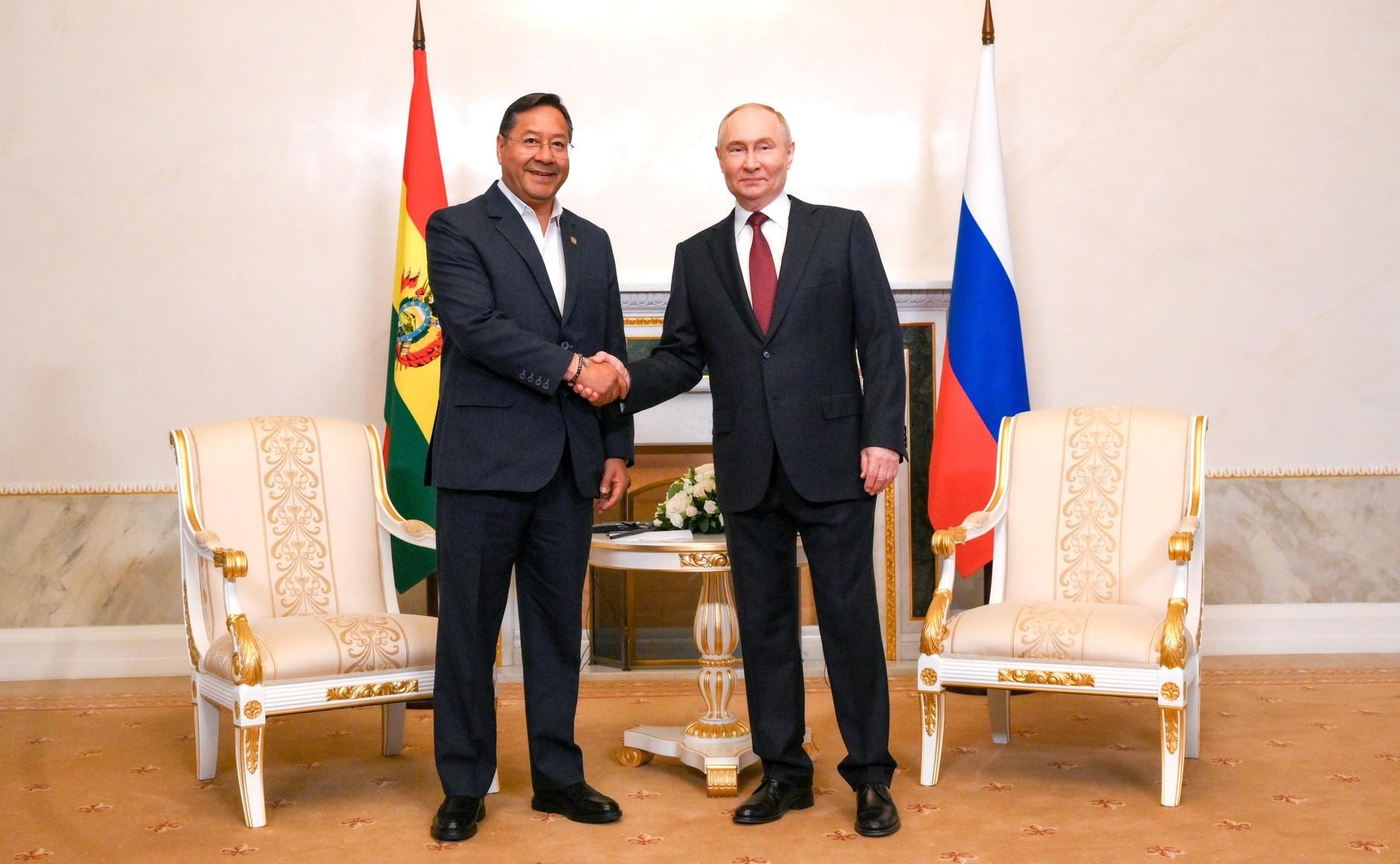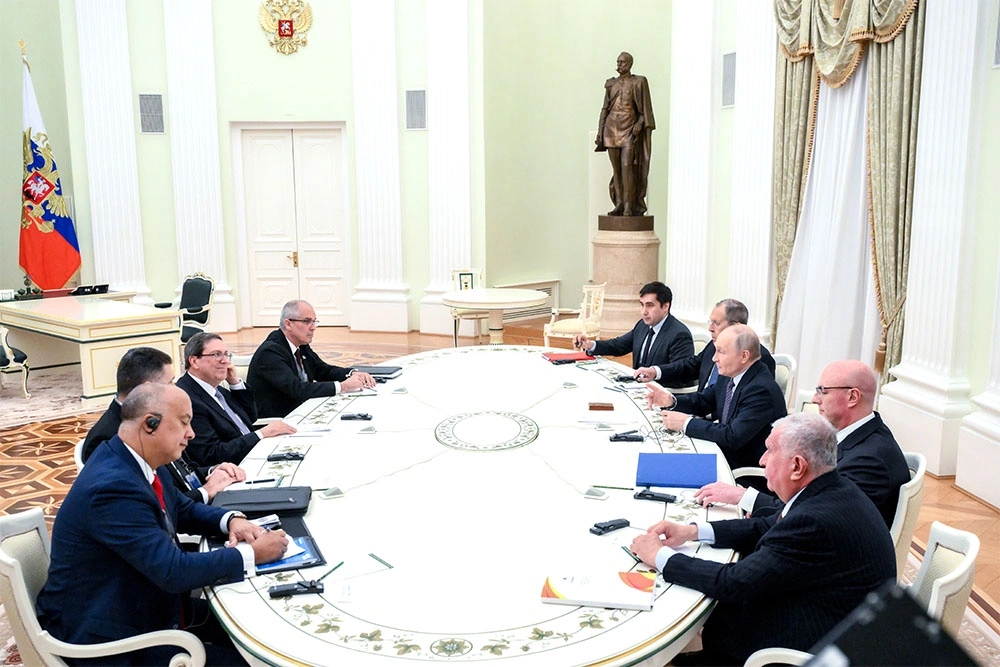PROFOUND GENERATION SHIFT FOLLOWS UKRAINE’S ORANGE REVOLUTION
PROFOUND GENERATION SHIFT FOLLOWS UKRAINE’S ORANGE REVOLUTION
Now that the Ukrainian parliament has confirmed Yulia Tymoshenko as prime minister (see EDM, February 7), the country is witnessing a radical generational change. New people, pro-Western and not tainted by Soviet rule, are entering the political system (Zerkalo nedeli, February 5, includes biographies of each member). As the Wall Street Journal (February 6) wrote, Tymoshenko “will preside over a cabinet packed with other street-protest organizers and pro-democracy leaders.”
Revolutions such as in Serbia (2000), Georgia (2003), and Ukraine create a profoundly close, but ultimately complicated, relationship between the younger and middle generations who are jointly battling the older. The middle generation came to power in all three countries only with the help of democratic revolutions that prevent election fraud.
The revolutions themselves would be impossible without the energy of young people. Two-thirds of the Orange Revolution crowds were young people. President Viktor Yushchenko would not be in power today without the help of Ukraine’s youth. His gratitude for this support was evident when he greeted the crowds after his official inauguration and when he sent greetings to the congress of the PORA! (It’s Time!) youth group.
All three revolutions saw similar trends. The old guard removed by these revolutions was born in the 1930s and 1940s. This generation — Slobodan Milosevic in Serbia, Eduard Shevardnadze in Georgia, and Leonid Kravchuk and Leonid Kuchma in Ukraine — were holdovers from the communist era. Their formative careers took place in the 1960s and 1970s, during the Brezhnev “era of stagnation.” In Ukraine this torpor was made doubly worse by the rule of hard-line Ukrainian Communist leader Volodymyr Shcherbytsky from 1972 to 1989.
These formative years certainly had a negative influence on Kravchuk, then ideological secretary of the Communist Party of Ukraine, and Kuchma, then director of Pivdenmash, the world’s largest producer of nuclear weapons. Ukraine began its post-Soviet development led by de-ideologized former Communists, who shared a lack of vision, an inability to break with Soviet ways of thinking and acting, and tolerance of corruption. They demonstrated “Little Russian” inferiority complexes, favored deception, and were prone to cynicism. Kravchuk aptly titled his memoirs, We Have What We Have.
Ukraine’s neo-Soviet generation has been replaced by one that was born in the 1950s and 1960s, whose formative careers were under Gorbachev in the 1980s and independent Ukraine in the 1990s (Ukrayinska pravda, February 4). Their background and socialization are totally different, a factor that will have a profound and positive impact on Ukraine’s domestic and foreign policies.
The new cabinet includes individuals who are committed to “Europeanizing” Ukraine. Mykola Tomenko (Humanitarian Affairs), former U.S. citizen Roman Zvarych (Justice), Serhiy Teriokhin (Economics), and Viktor Pynzenyk (Finance) are committed to breaking with the Soviet methods that still exist in many areas of government by introducing European standards and making government more accountable and transparent.
Tymoshenko’s cabinet includes 10 members born in the 1950s and eight born in the 1960s. Yushchenko is himself 50 and Tymoshenko 44. The new cabinet also includes two younger members, born in the 1970s, appropriately dealing with the Environment and Families and Youth.
The new cabinet’s most radical departure from the Kravchuk-Kuchma era rests in placing the “power ministries” in the hands of young civilians. Interior (MVS), probably the most corrupt of these ministries, is in the hands of young Socialist Party activist Yuriy Lutsenko, who is committed to rooting out corruption and resolving the murder of journalist Heorhiy Gongadze. Lutsenko was an active organizer in the Orange Revolution.
Lutsenko replaces Mykola Bilokin, whose reputation is, according to U.S. Ambassador to Ukraine John Herbst, “unacceptable.” Lutsenko has vowed to de-criminalize and de-politicize the MVS. When he presented Lutsenko to the MVS, Yushchenko declared that the ministry should now serve “not the authorities, not criminal groups, but people” (maidan.org.ua, February 7).
The Security Service (SBU) is to be run by Tymoshenko’s right-hand man, Oleksandr Turchynov. (Tymoshenko is nicknamed “the Terminator,” while Turchynov is known as “the Detonator.”) Turchynov inherits a power ministry that did play a positive role in uncovering fraud in the 2004 elections. Presenting Turchynov to the SBU, President Yushchenko said, “In the SBU there was much that was not undertaken in the national interest, because individuals managed to get into it who were influenced not by state interests, but the interests of certain groups” (Ukrayinska pravda, February 7).
Ukraine’s new minister of defense, Anatoliy Grytsenko, is a former military officer who recently led Kyiv’s best think tank, the Center for Economic and Political Studies. Commonly known as the Razumkov Center, the institute specialized in national security issues (uceps.com.ua). Grytsenko headed the analytical-research wing of the Yushchenko election team.
The common thread uniting these new ministers, along with Oleh Rybachuk, Deputy Prime Minister for European Integration, as well as the returned Foreign Minister, Borys Tarasyuk, is a real commitment to democratization, rooting out corruption, and integration with Europe. The Kuchma-era mismatch between un-European domestic policies combined with stated foreign policy goals of joining the EU and NATO will no longer exist.
President Yushchenko’s positive reception in the West shows that Western leaders accept that Ukraine is finally serious about “returning to Europe.” The generation shift in Ukraine corroborates this new orientation.


